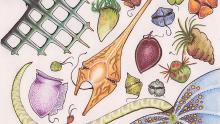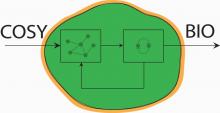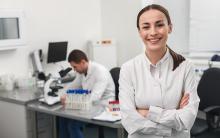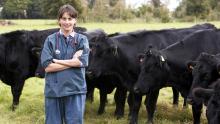A new approach to studying ocean ecology

Science has long held that in the food chain, plants support animals. While this may be true on land, the EU-funded MixITiN project has shown that such a system isn’t applicable to our oceans. The project hopes that its findings will help to improve knowledge and thus broader education efforts on marine ecology, allowing citizens to gain a better understanding of the ocean’s great wonders.









